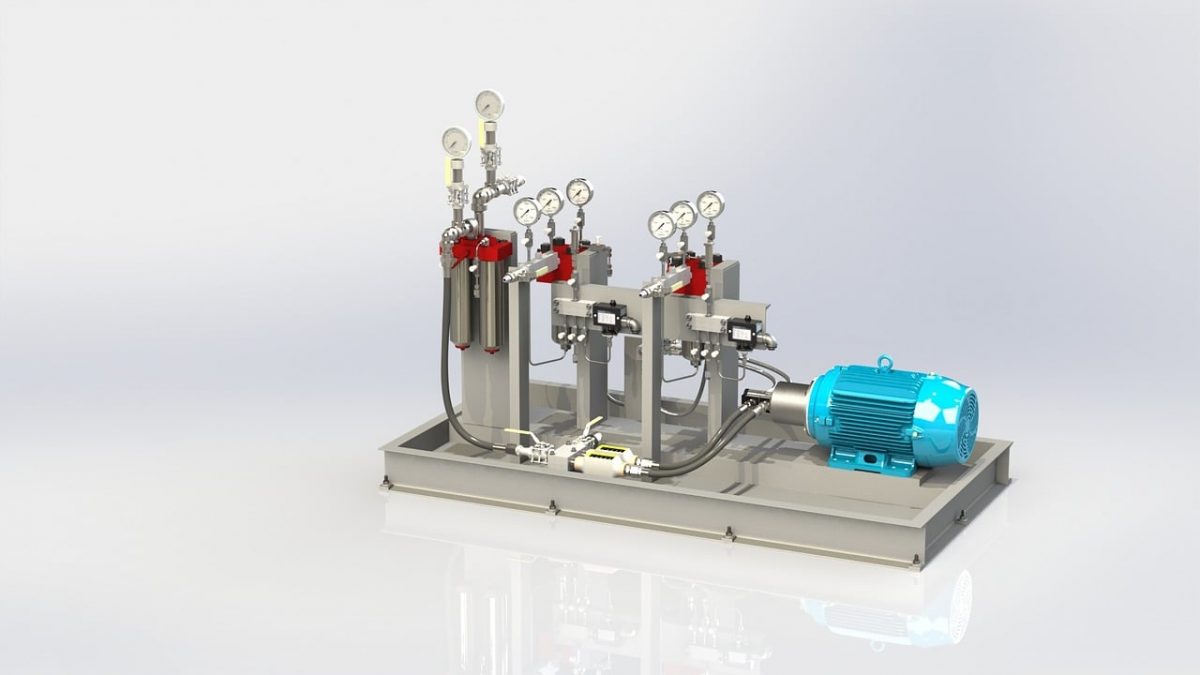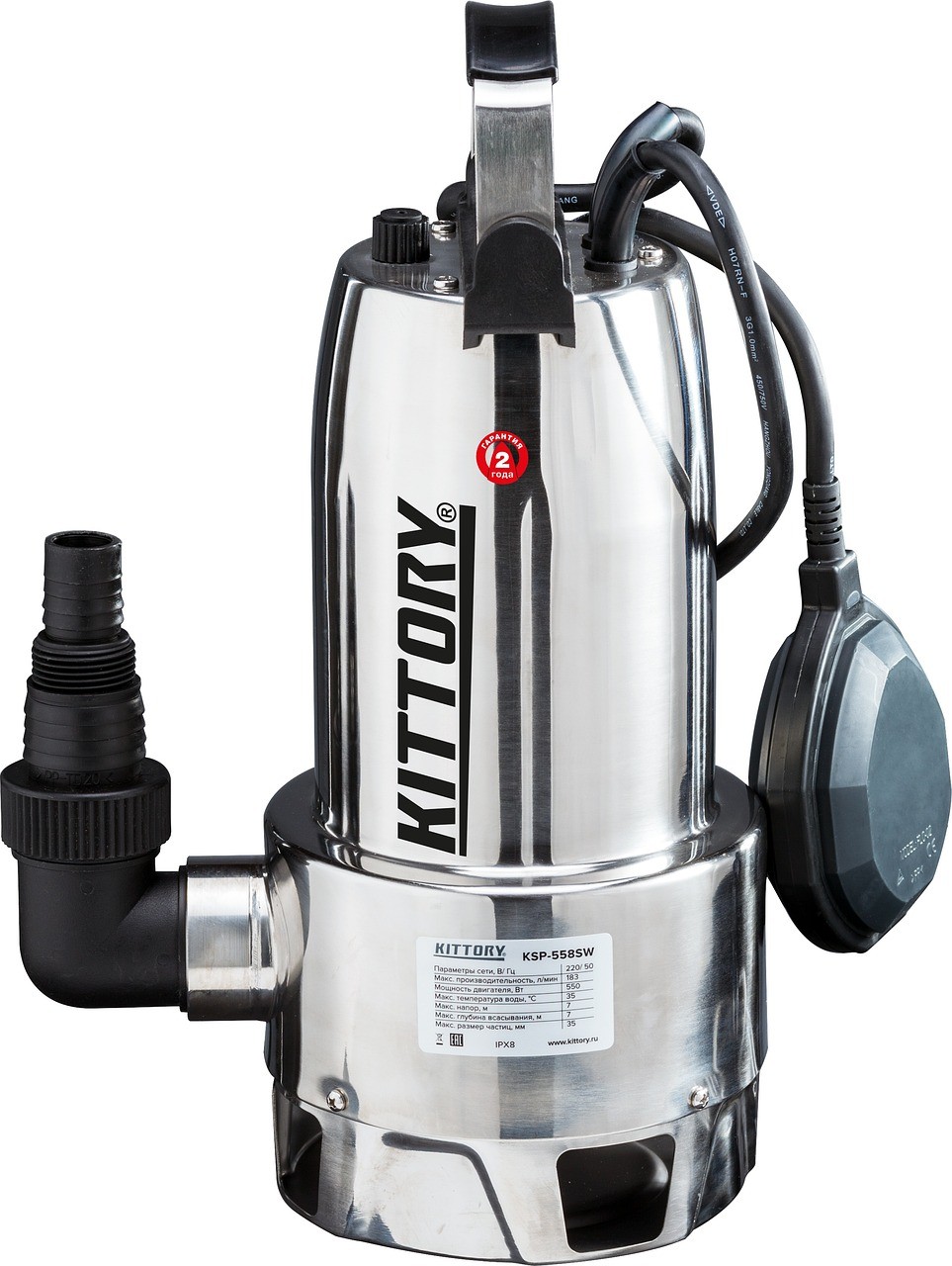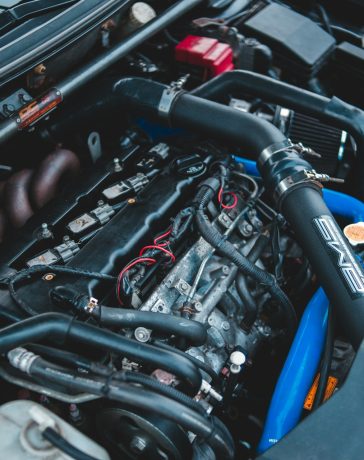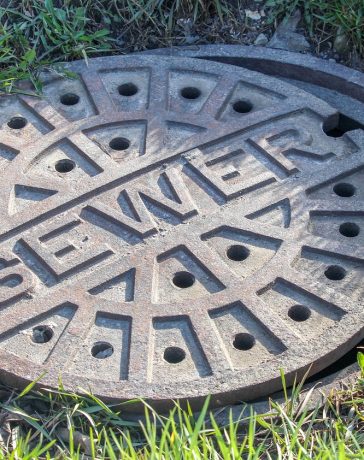Sludge dewatering equipment helps reduce transportation costs by minimizing the volume and weight of semi-solid waste. It can also help generate supplemental income by processing other companies’ waste. Optimizing efficiency necessitates routine cleaning and maintenance of the apparatus. A log of all maintenance activities should be kept to ensure that problems are identified and corrected early.

Invest in a Good Sludge Pump
Sludge dewatering equipment separates waste’s liquid and solid components to reduce its volume, significantly lowering disposal costs. The technology can save costs for businesses that pay weight-based landfill disposal fees while lowering the possibility of health and safety risks.
A good sludge pump must be powerful enough to handle the weight of the pumped sludge. It must also resist the abrasion from heavy, thick sludge. Hiring a company that provides testing labs and can help you determine what equipment will work best for your application is best. A sludge dewatering equipment rental can also cut down on maintenance expenses. When a company rents industrial equipment, it is considered a deductible expense, unlike when it purchases the same item, which must be depreciated over its lifetime or at least reflected in the year of purchase. A sludge dewatering rental company can quickly supply a pump for any application, eliminating the need to buy and maintain costly machinery. One option is an air-operated diaphragm pump that uses compressed air to operate. This type of pump provides a predictable fluid displacement result and is ideal for sludge transfer applications. However, these pumps have high pulsation rates and need a dedicated air compressor.
Another option is a progressive cavity pump. These pumps are great for sludge transfer, creating zero to minimal shear and having low pulsation rates. However, these pumps can be difficult to maintain and repair and have a larger operational footprint. It can make it challenging to retrofit existing piping when replacing an existing pump.

Invest in the Right Equipment
Sludge dewatering equipment separates the waste’s liquid and solid components to reduce its volume, which lowers disposal costs. It is necessary for many industries, such as wastewater treatment plants, because most waste disposal services charge by weight, and keeping water in the sludge doubles or even triples the price. Look for a provider that offers a wide variety of pumps to find one that fits your needs. It’s also helpful to work with a company with testing labs to determine which dewatering equipment works best for your situation.
Some dewatering systems feature radial flow tanks with sloped sides that allow settled sludge to fall toward the center of the tank for discharge. Others offer centrifuge-based solutions, which can better adjust to variable solids content and require less operator interaction. Both types of equipment can help you achieve your goals for maximum efficiency. Dewatering also prevents bogging and other problems that can cause safety issues.
Invest in a Good Filter
Sludge dewatering equipment helps to process sludge for disposal and can also be used to reclaim resources that could otherwise be lost. For example, sludge contains valuable organic matter and nutrients that can be reused as fertilizer. A good filter will help you make the most out of your equipment and prevent costly maintenance costs. You will want to invest in a filter designed to handle the type of sludge you are processing. For example, you will want to choose a filter with a wide belt to simultaneously process larger volumes of sludge. However, it would help if you did not opt for a vast belt requiring more horsepower.
In addition to the correct size belt, you will also want to consider the filter’s chemical addition system. It can be beneficial if you are processing a material that might clog the filter without additives. A sound chemical addition system will ensure that your sludge stays contaminant-free and improves the quality of the finished product.



































